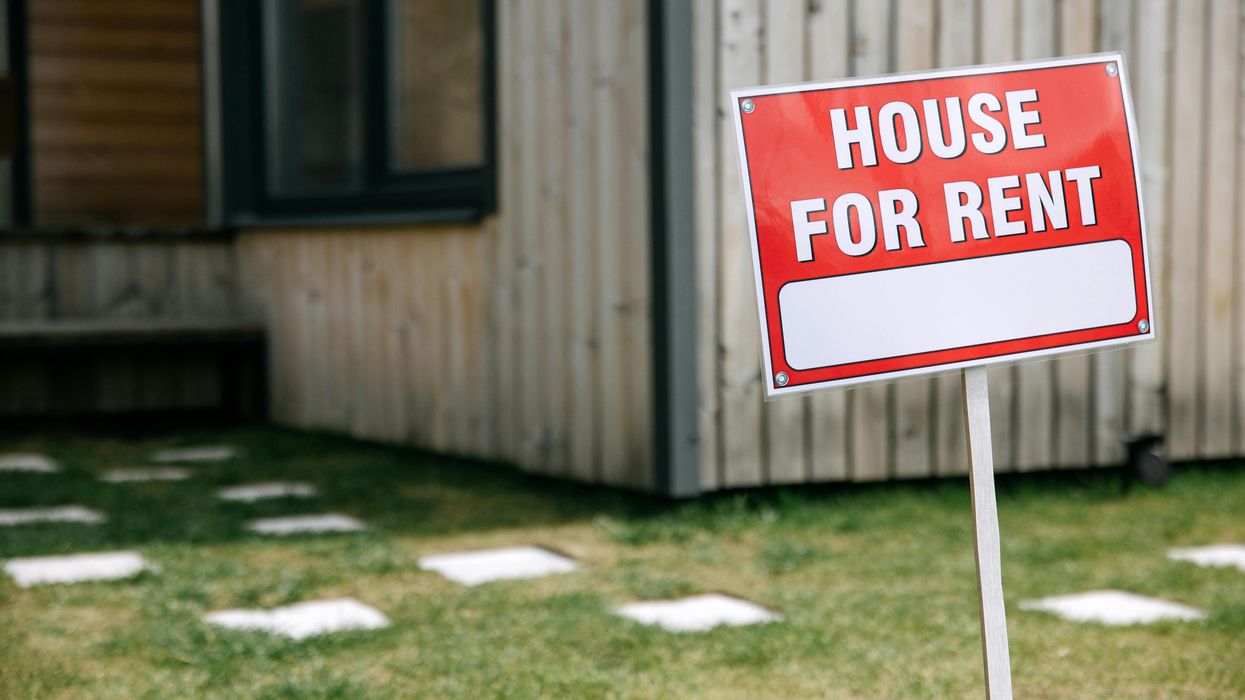Despite improving affordability, it's still a mixed bag when it comes to Canadian renters' sentiments regarding homeownership, with many waiting for prices to drop further, while some have given up on the idea entirely, according to Royal LePage's 2025 Canadian Renters Report.
Since last May, national average rent has fallen 3.6% to $1,857 for a one-bedroom and 4.6% to $2,225 for two-bedrooms, according to Rentals.ca and Urbanation's May Rent Report. In the Royal LePage report, President and CEO Phil Soper identifies record purpose-built rental and condo completions and international student reductions as driving factors behind this rent decline.
Soper also highlights how renters are benefitting from lower rents. "Tenants may now be in a better position to secure rentals with more space, upgraded amenities, or more desirable locations, often at more competitive prices," he says.
Today's rental environment is an improvement upon 2022, when rents peaked following a string of interest rate hikes, but Royal LePage points out that "while rents have eased for eight consecutive months, they remain well above historical norms." In fact, rents are 5.7% higher today compared to two years ago and 12.6% higher than they were three years ago.
Homeownership Remains A Dream For Some
With rents and home prices still well above ideal levels, the report finds that around a third of Canadian renters say they do not have plans to purchase a home. Of those respondents, the majority (53%) cited inadequate income as the main reason for their inclination — unsurprising given that average asking rents have risen 4.1% annually, outpacing wage growth.
Meanwhile, cost of living continues to eat into monthly savings as 40% of renters have reduced spending on groceries and food to afford rent and 30% have reduced contributions to savings or retirement.
Other reasons for not wanting to purchase a home included renting being more affordable than owning at 40%, with another 40% saying they don't want to take on the responsibilities of maintaining a property.
Homeownership Hopefuls
At the same time, more than half (54%) said they do have plans to purchase a home, made up of 16% that say they plan to do so within the next two years and 21% with plans to buy in the next two to five years.
Royal LePage also asked renters if they considered buying over renting when signing or renewing their current lease and found that 28% did consider making the leap. However, 40% of those respondents said they decided to wait for prices to come down further, 29% were waiting on lower interest rates, and 28% said continuing to rent allows them to save more for a down payment.
But for those that can make it work, Soper says now is a good time to make the leap.
“In Canada's least affordable cities, entry-level opportunities have improved significantly, with home prices off last year’s peaks, incomes up and borrowing costs trending lower. Still, many renters – including the 40 per cent who told us they’re holding out for further price declines – are choosing to wait. History suggests they may be disappointed," he says. "Over the past 75 years, Canadian home values have risen approximately five per cent annually, running consistently ahead of inflation. The window of opportunity may be narrower than it appears, and strategic buyers are beginning to move.”
Improving Affordability
Lack of affordability for renters is just one aspect of the nation's many-layered housing crisis, but a vital issue to tackle given renting is often the precursor of homeownership. If rents increase beyond reason or tenants are evicted without reason, the next generation of homeowners become further arrested as bills mount and savings dwindle.
Ultimately, government policies are needed to protect renters and curb extreme rent increases. When asked which policies would most improve renter affordability, 56% of tenants called for more affordable housing units, 47% called for increased tenant protections against eviction and unfair rent increases, and 42% want better rent control.
Zooming out, Soper acknowledges the numerous ways in which affordability can be achieved for all, from renters to homeowners to builders.
“There’s no single fix for Canada’s housing challenges,” he says. “Restoring affordability – without undermining the equity that millions of Canadians depend on – will take more than just building homes. It demands coordinated action from all levels of government and the private sector."
In order to achieve this, Soper calls for a myriad of solutions including increasing housing supply across the spectrum, cutting red tape, modernizing zoning, and strengthening tenant protections.
- Can The Rebirth Of A '70s-Era Government Incentive Really Help The Housing Crisis? ›
- Incentive City: How Toronto Landlords Are Filling Units Amid Low Demand ›
- Canadian Rents Up 12% Since 2022, Despite Annual Dip ›
- 65% Of GTHA Landlords Offered Rental Incentives In Q2 ›
- August Marks 11th Consecutive Month Of National Rent Decline ›





















